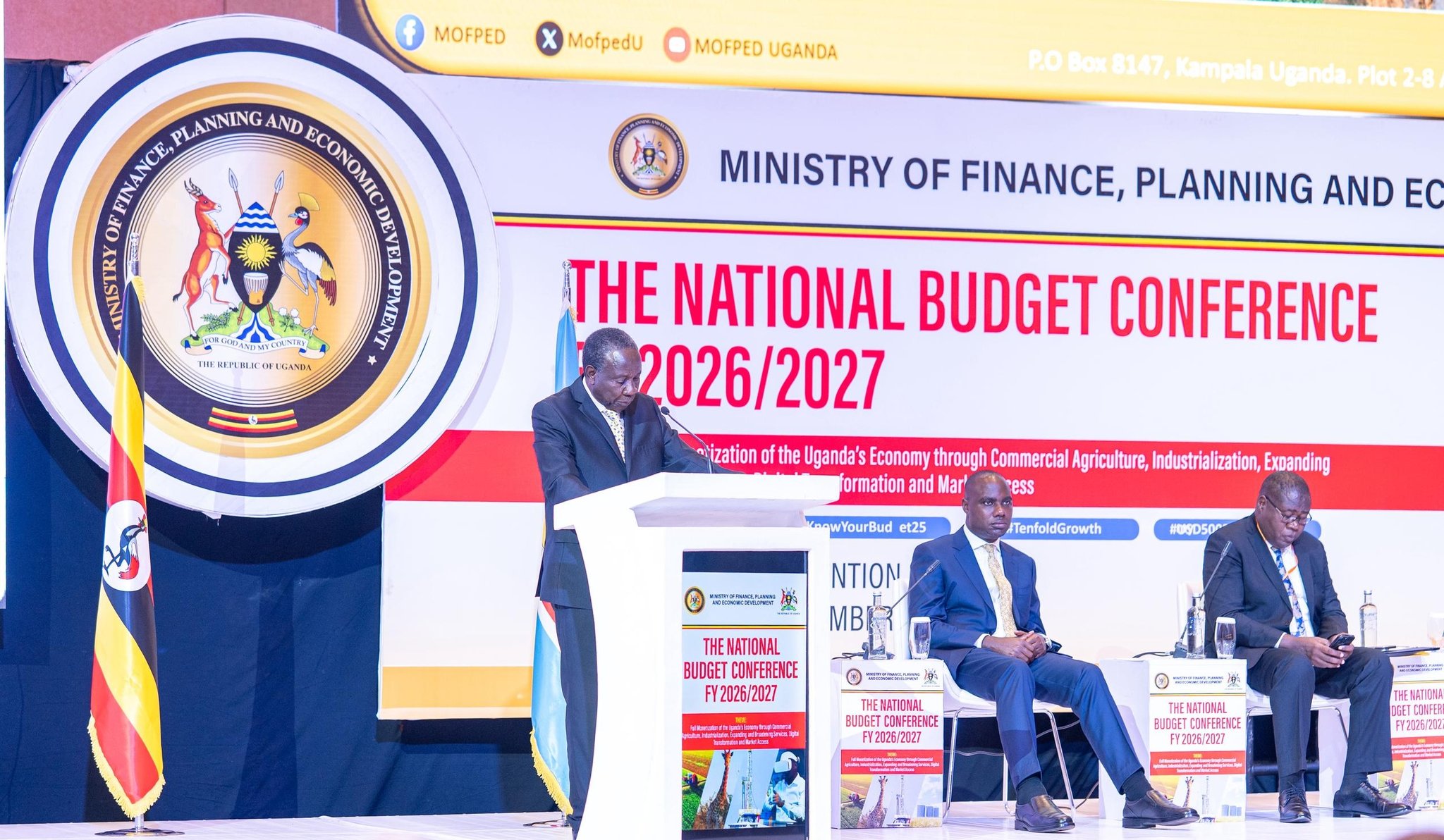Why most politicians and civil servants fear retiring
For civil servants-turned-politicians and opposition figures alike, retirement also comes with anxiety over accountability. Over the years, corruption, mismanagement, and abuse of office allegations have hovered over several individuals—most of whom feel protected by the power they wield.

As Uganda’s political landscape continues to evolve, one constant remains: a deep-seated reluctance among many politicians—both from the ruling government and the opposition—to step away from the public stage. From Members of Parliament to long-serving civil servants and ministers, the notion of retirement often brings more fear than relief.
But what lies at the heart of this fear?
To understand the psychology behind Uganda’s political class clinging to power, we spoke to political analyst Dr. Simon Wamboka, a lecturer at a leading Ugandan university. According to him, the fear of retirement is not just about losing a job—it’s about losing an entire identity and lifestyle.
“For many Ugandan politicians, politics is not just a career—it’s a lifeline,” Dr. Wamboka explains. “It is financial security, social recognition, access to state resources, and protection from legal or financial scrutiny.”
Indeed, unlike in some parts of the world where retirement is associated with rest and legacy-building, in Uganda, the post-political life is often clouded by uncertainty, financial instability, and sometimes even fear of retribution.
Elected or appointed, politicians in Uganda enjoy substantial privileges. These include hefty salaries, allowances, security detail, medical coverage, and, in some cases, influence over lucrative deals and contracts. For some, especially those who have served for decades, this lifestyle becomes deeply entrenched.
“Once out of office, many struggle to adjust. The prestige fades, the public attention vanishes, and the money slows down. It’s a painful transition for someone used to being saluted at every turn,” says Dr. Wamboka.
The Fear of Accountability
For civil servants-turned-politicians and opposition figures alike, retirement also comes with anxiety over accountability. Over the years, corruption, mismanagement, and abuse of office allegations have hovered over several individuals—most of whom feel protected by the power they wield.
“There is a belief, and in some cases a reality, that stepping down can expose you,” adds Dr. Wamboka. “If institutions were stronger and justice more predictable, many would not cling so tightly to their positions.”
Another critical factor is the lack of a retirement cushion. While MPs and senior officials are entitled to pensions and gratuities, many have lived beyond their means or failed to invest wisely.
Unlike in the private sector, few politicians plan for a life beyond politics. The absence of mentorship structures or transitional programs for public servants compounds the problem. Without alternatives, politics becomes both a career and a cage.
Uganda’s political culture glorifies longevity over legacy, where retiring early is sometimes seen as weakness or failure. This creates a cycle where young leaders are denied opportunities, and older ones overstretch their stay, fearing both irrelevance and replacement.
Even among the opposition, where one might expect a more progressive approach, veteran politicians often dominate party leadership for decades, sidelining younger voices.
Can the Trend Be Reversed?
While some leaders have gracefully retired and taken on advisory or philanthropic roles, they are the exception rather than the rule.
Dr. Wamboka suggests that political reforms, stronger institutions, and financial literacy for public servants could gradually shift the culture.
“We need to redefine retirement as an honorable phase of service, not a fall from grace. When leaders plan ahead, mentor successors, and leave the stage with dignity, it inspires the next generation.”
Until then, the fear of retirement will remain a silent burden in Uganda’s political halls—an unspoken truth behind every extended term, controversial appointment, or last-minute reshuffle.







